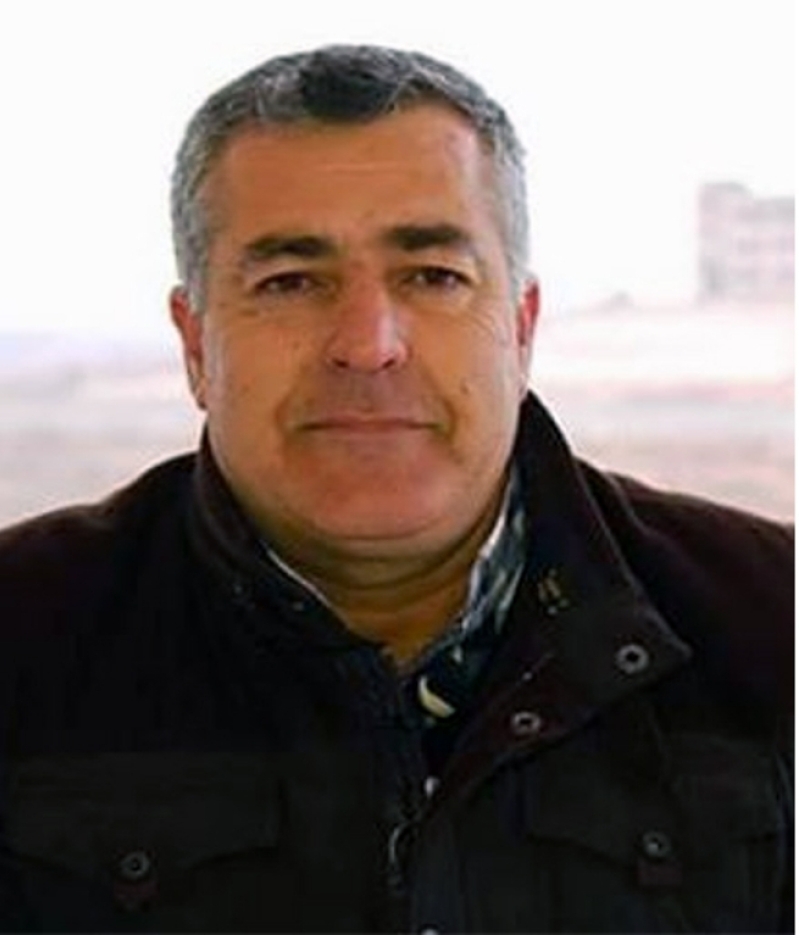
Assyrian human rights activist Sawo Oshana Ide reportedly has been in a Turkey prison since Feb. 18, accused of "being a member of an armed (yet unnamed) organization," states Gatestone Institute representatives. He was placed in three prisons in the first 45 days until his first trial took place. His second trial will be held June 16.
Ide's lawyer, Erkan Metin, said Ide was not even physically taken to his first trial, even though we had demanded it. "He attended the trial through videoconferencing. We really do not know what will happen to Sawo from now on," Metin told Gatestone Institute.
Metin said Ide was "abstractly accused of doing research in accordance with the objectives of an organization and forming lists about ammunition," a charge that can bring imprisonment for five to 10 years, based on the Turkish penal code.
According to Assyria TV, "Turkish security forces stormed the apartment of Sawo Oshana Ide in Midyat, Turkey. The police took his computer and other notes. Thereafter, Sawo and his wife were taken into interrogation. The police released Sawo's wife, but he was arrested on charges of collaborating with a terrorist organization."
The accusations are based on some photos and notes in his computer, Metin said.
"Some of the photos were taken at the election campaigns of the Assyrian MP, Erol Dora, and the photos of the members of the Kurdish YPG members as well as the photos of the commemoration of the death of Sakine Cansiz, a Kurdish politician murdered in Paris," said the lawyer.
Metin said Ide's notes include his report on the immigrant smuggling, writings about the Yazidis and Assyrians in Iraq, research on Syria, writings about his visit with the Chaldean metropolitan bishop to the Kocanis Church in the city of Hakkari, an outline drawing of a ruined church in Hakkari, as well as notes about the weapons stockpile of the Assyrian forces he received during his visit in Iraq.
Sawo was born and grew up in the village of Gorumlu, in the predominantly Kurdish city of Sirnak, said Metin, and they had to flee and lived in France for about 30 years.
"Sawo loves his people," added Metin, "and researched their problems. His detention might aim to intimidate Assyrian rights advocates in Turkey." He said pressures of the state's forces on Assyrians have been on the rise since the clashes in the southeastern region intensified in 2015.
Approximately 25,000 Assyrians reside in Turkey. "The fears and concerns of Assyrians have skyrocketed in the face of the jihadist terror attacks against Assyrians in the Middle East, the rise of the anti-secular policies across the country, and the policies of the AKP government that have paved the way for that," said Metin.







